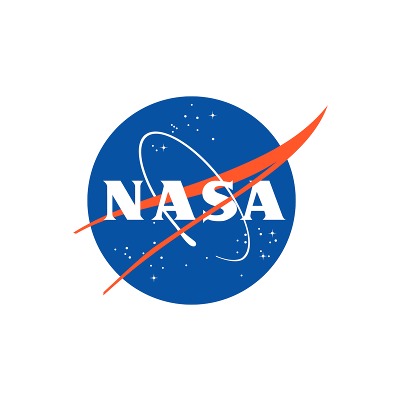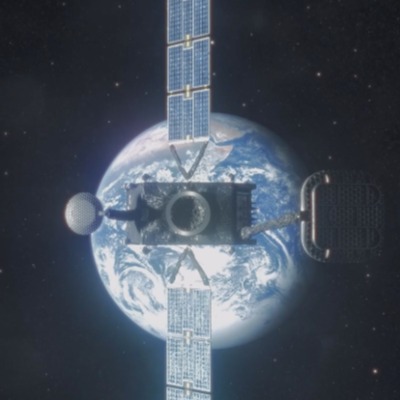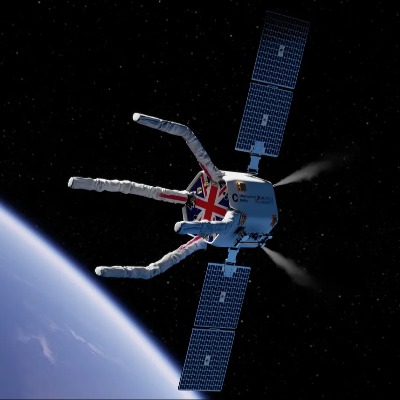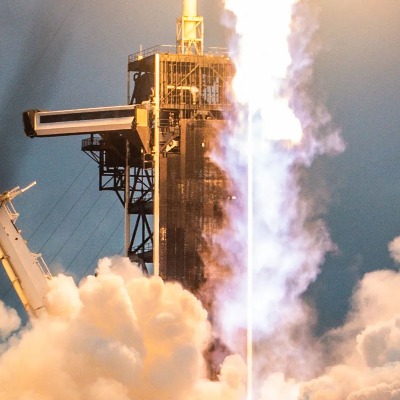Boeing & Lockheed Martin Explore Sale Of ULA To Sierra Space
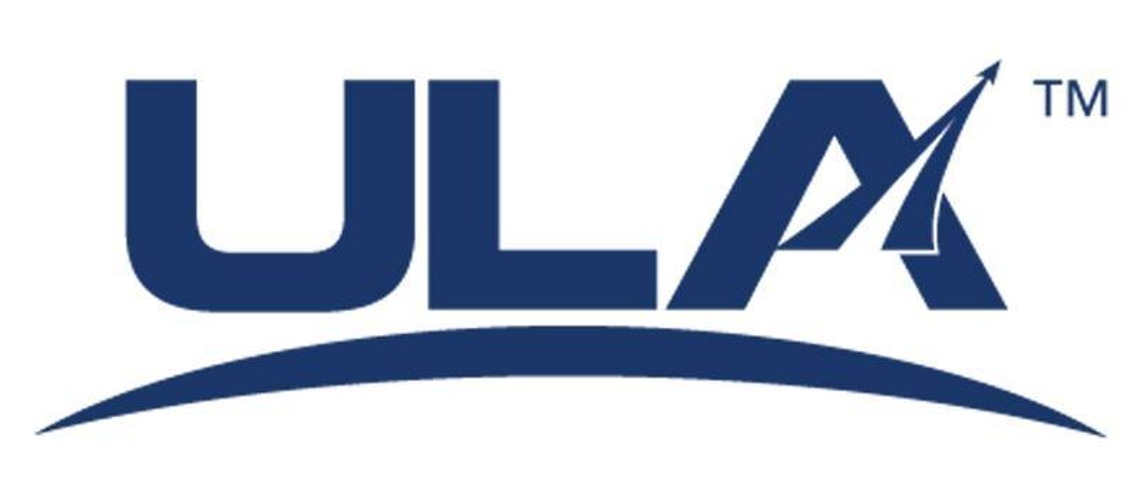
In a potential seismic shift for the US space launch industry, aerospace giants Boeing and Lockheed Martin are reportedly in talks to sell their joint venture, United Launch Alliance (ULA), to Sierra Space. The move could reshape the competitive landscape and mark a significant departure for the two defense contractors.
ULA, a leading provider of launch services to the US government, has been a cornerstone of national space missions for years. However, increased competition from companies like SpaceX has intensified pressure on the joint venture. A potential sale to Sierra Space, a burgeoning space transportation and infrastructure company, would represent a bold move to adapt to the evolving industry.
While details of the potential deal remain scarce, industry analysts suggest that a sale could value ULA at between $2 billion and $3 billion. If finalized, the acquisition would grant Sierra Space access to ULA's vast experience, infrastructure, and customer base, potentially propelling the company into a major player in the launch services market.
For Boeing and Lockheed Martin, divesting ULA could free up resources to focus on other core aerospace and defense businesses. However, the decision to part ways with such a significant asset is likely to be met with scrutiny from both industry observers and government officials.
Neither Boeing, Lockheed Martin, nor Sierra Space has officially confirmed the negotiations, and there is no guarantee that a deal will be reached. However, the mere possibility of such a transaction has sent ripples through the space industry, with implications for both commercial and government space programs.
United Launch Alliance, LLC (ULA) is an American launch service provider formed in December 2006 as a joint venture between Lockheed Martin Space and Boeing Defense, Space & Security. The company designs, assembles, sells and launches rockets, but the company subcontracts out the production of rocket engines and solid rocket boosters.
When founded, the company inherited the Atlas rocket family from Lockheed Martin and the Delta rocket family from Boeing. As of 2024, the Delta family has been retired and the Atlas V is in the process of being retired. ULA began development of the Vulcan Centaur in 2014 as replacement for both the Atlas and Delta rocket families. The Vulcan Centaur successfully completed its maiden flight in January 2024, after years of delays.
The primary customers of ULA are the Department of Defense (DoD) and NASA, but also serves commercial clients.

